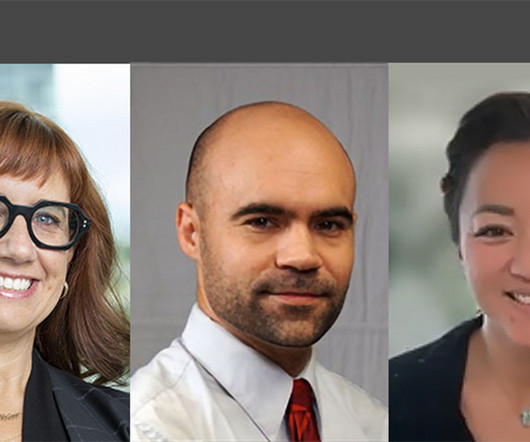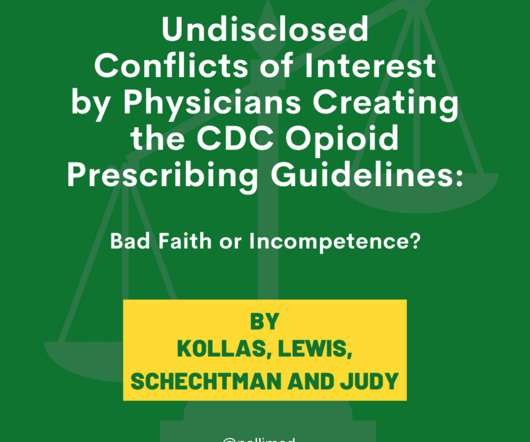How Health Literacy, Education Influences a Patients’ Hospice Experience
Hospice News
MARCH 4, 2024
But what has moved forward is how we support and do things like informed consent to promote patient autonomy and self determination. In case you missed it, Hospice News has launched a new specialty publication for palliative care professionals. You can subscribe to Palliative Care News here: Subscribe today!






















Let's personalize your content